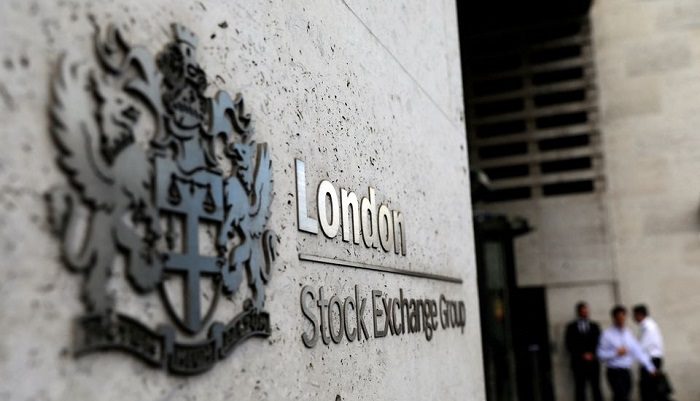After three trying weeks, British Prime Minister Liz Truss and incoming Finance Minister Jeremy Hunt will need to do much more than reverse their position on corporation tax. The government’s announcement of its medium-term budget plan on October 31 will serve as a chance for Truss and Hunt, a former foreign minister, to regain the confidence of investors.
In anticipation of the policy change, the price of the pound and British government bonds have increased recently. However, they fell after Truss’s brief news conference on October 14th, which disappointed experts.
According to Richard McGuire, head of rates strategy at Rabobank in London, being willing to undertake a U-turn that is compelled doesn’t really give the appearance that Liz Truss is trying to drive forward with a believable policy plan but instead is reacting to advancements as they unfold, which by itself doesn’t garner much confidence.
Gains earned in expectation of the company tax U-turn evaporated as Truss spoke.
Ten-year bond rates were 40 bps above October 14 session lows, which were also driven higher by changes in bond yields around the world. This puts them about 80 basis points above where they were prior to the government’s mini-budget on September 23, which started the current unrest. The pound dropped more than 1% versus the dollar and is now 0.6% below where it was before September 23.
Investors and experts claimed that the reintroduction of a previously planned business tax increase did little to address the difficulties the “mini-budget” had first posed.
The decision was referred to as a mini-U-turn by Capital Economics’ senior UK economist, Paul Dales, who also noted that there were still 25 billion pounds ($28.07 billion) in unfunded tax cuts, down from 45 billion pounds in the initial proposal.
He projected that in order to put the debt-to-GDP ratio on a declining path in three years, the Office for Budget Responsibility, Britain’s fiscal watchdog, will say a 43 billion-pound hole in the government finances will need to be filled. With the appointment of the fourth finance minister in four months in a nation dealing with a cost-of-living crisis, attention also shifted to the mounting political unrest, and some wondered how long Truss could remain in power.
The markets might be looking for a hard reset that starts from scratch. The market may, if required, compel a change in leadership, as they have seen in Greece and Italy said Bethany Payne, portfolio manager at Janus Henderson. Three weeks ago, Britain’s mini-budget exposed weaknesses in the pension industry, leading to some of the greatest recorded increases in bond yields and compromising the stability of the nation’s finances.
In addition to being affected by a strong currency, sterling hit record lows, giving the Bank of England further trouble as it attempts to combat an inflation rate that is approaching 10% by quickening the speed at which it raises interest rates. Additionally, the BoE was compelled to conduct a round of emergency bond purchases, which came to an end on October 14th and left many investors concerned about what would occur the following week.
According to Ken Egan, director of European sovereign credit at Kroll Bond Rating Agency, these abrupt changes in policy from the government and the central bank generate uncertainty for market players, perhaps slowing or deterring investment, which has been declining since Brexit. They are attentively watching how it will affect future volatility in the gilt market.
As per Nomura, the decline of the pound will probably not slow until income activity picks up. By year’s end, it predicts that sterling will decline to $0.975. The pound itself is down 17% against the dollar this year, and it was trading at about $1.1191 at the time. The Friday statement, according to NatWest Markets, would not significantly lower gilt yields. According to its economists, a 20 billion pound reduction in funding requirements over the next two years, of which Friday’s actions are anticipated to raise 18 billion pounds, would only be worth 30 basis points off the yield on the 10-year gilt, which has already been more than factored in.
According to McGuire of Rabobank, the BoE may decide to delay its plans for quantitative tightening and bond sales or re-intervene in the financial markets if pressure on UK assets increases. Fund managers warned that given the size of Britain’s 6-month, 60 billion-pound energy support plan, investors may require additional certainty.
According to Mark Dowding, chief investment officer of BlueBay Asset Management, the investment community has been unimpressed by the move on company tax thus far and is seeking for a more substantial U-Turn to restore budgetary credibility. Along with other measures, he continued, a windfall tax will be required to lower the cost of the gas price cap.






















